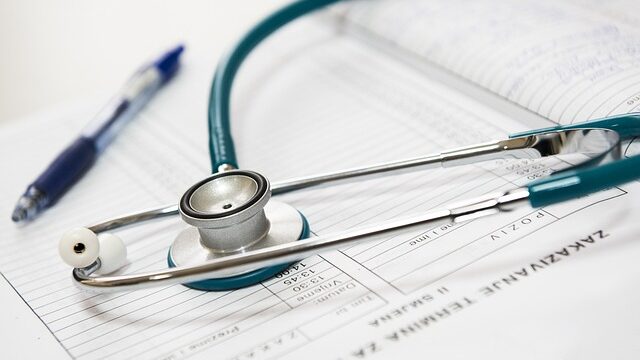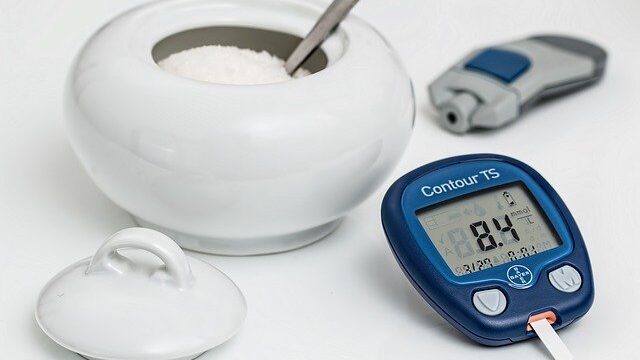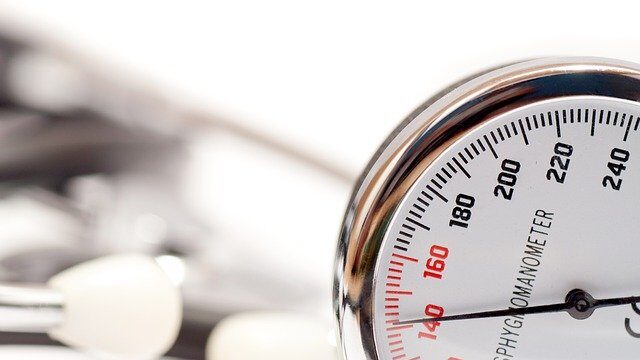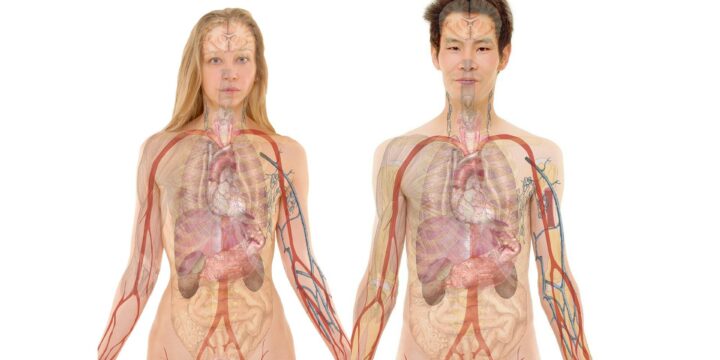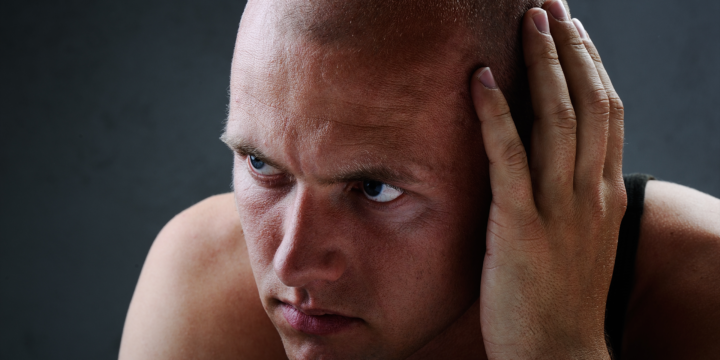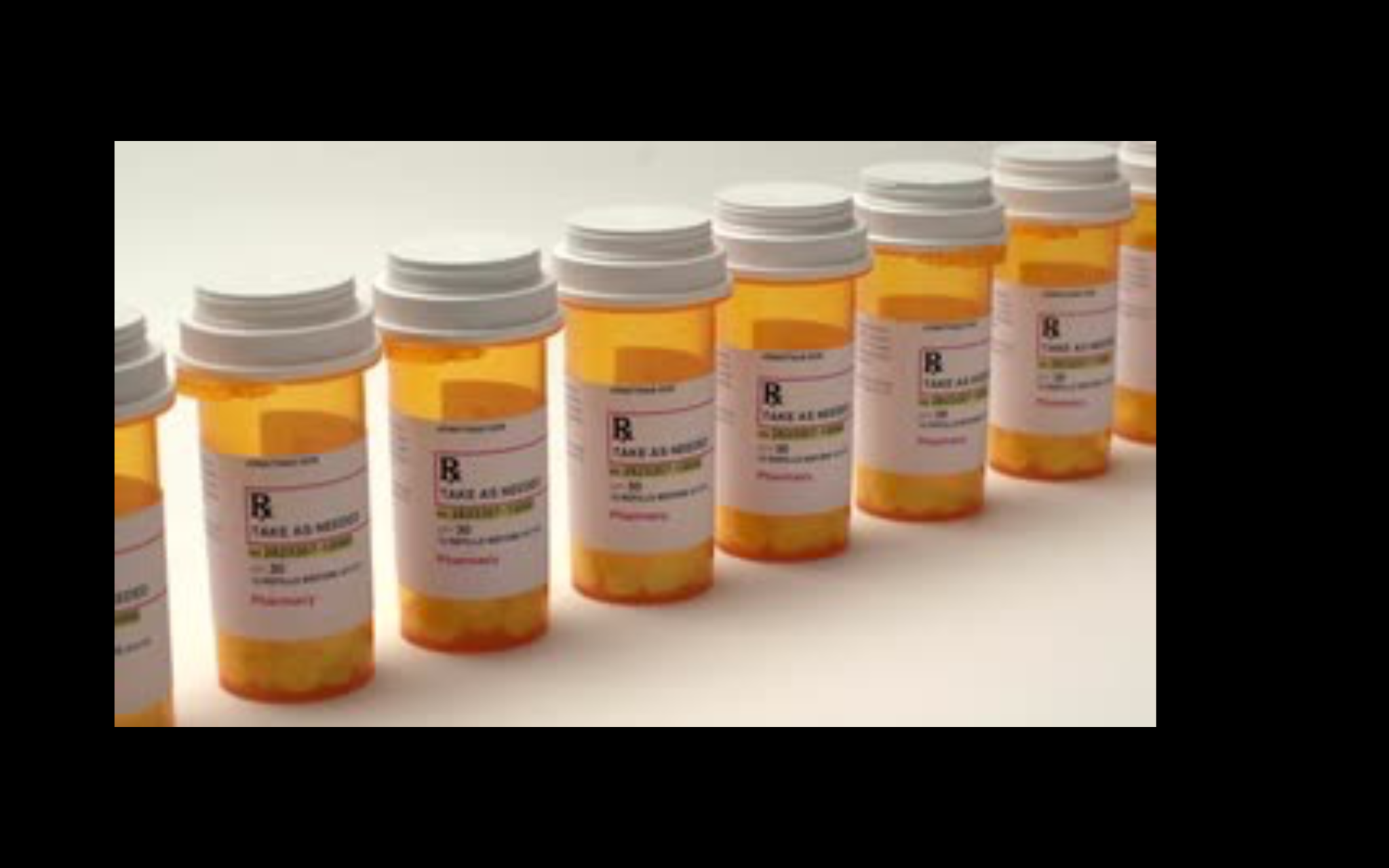
Empowering Hypertension Management: A Guide for Nurse Practitioners
By Tonya Breaux-Shropshire, PhD, DNP, MPH, FNP- As healthcare providers, nurse practitioners (NPs) hold a crucial role in supporting patients with hypertension, a condition that affects millions worldwide. In this episode, we'll explore the multifaceted approach NPs can take to empower patients in managing hypertension effectively, integrating key concepts such as the stages of change model, medication adherence, and self-blood pressure monitoring. Assessment and Education One of the foundational steps in hypertension management is thorough assessment and patient education. NPs should utilize tools like the stages of change model to gauge patients' readiness for behavior change. By understanding where patients are in their journey, NPs can tailor education and support to meet individual needs, fostering engagement and empowerment. Stages of Change Model The stages of change model, also known as…
